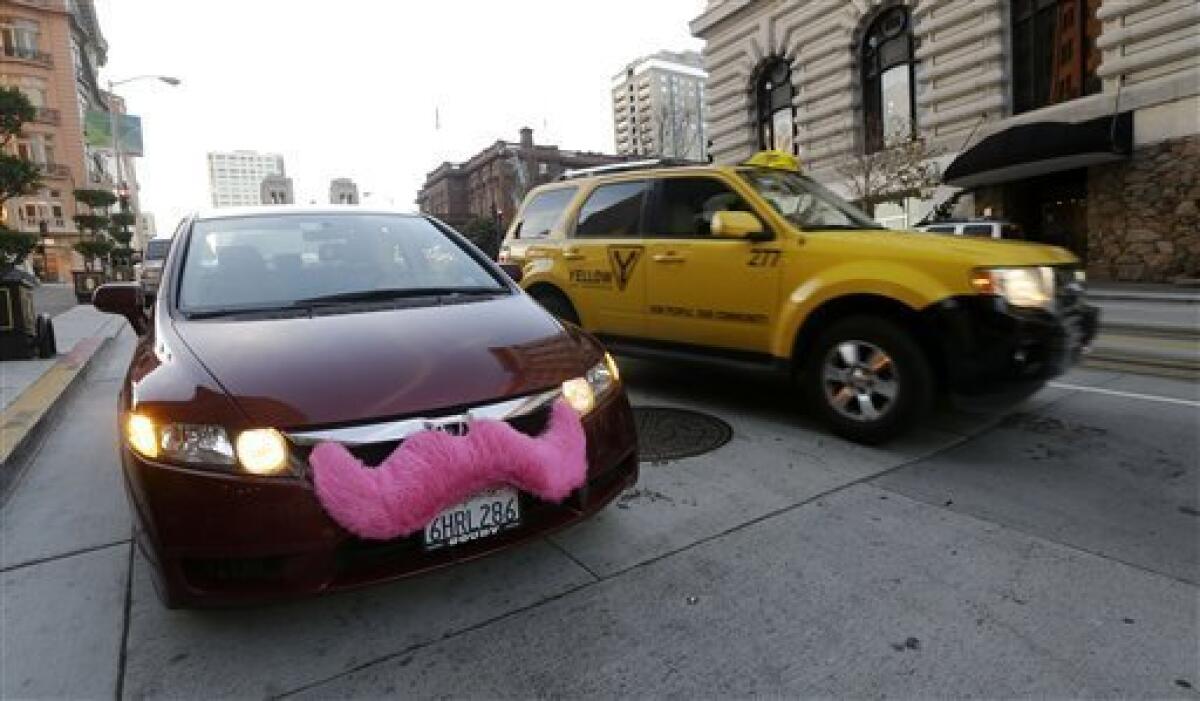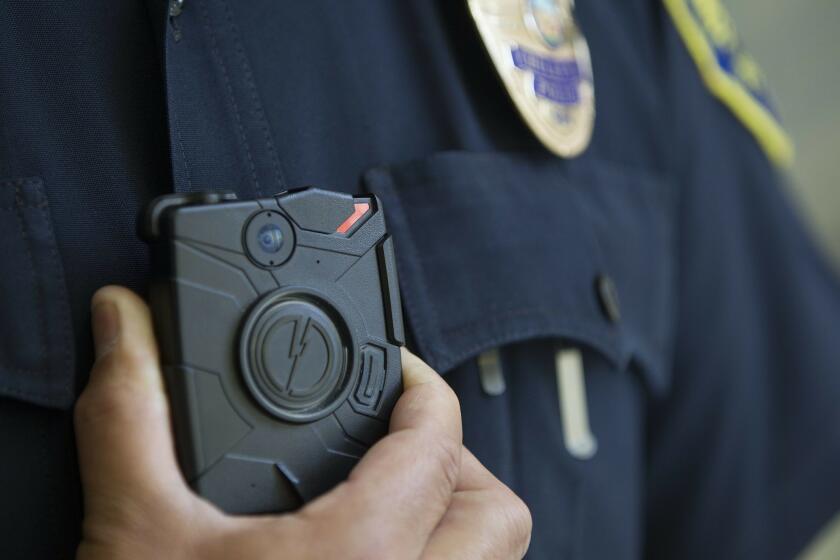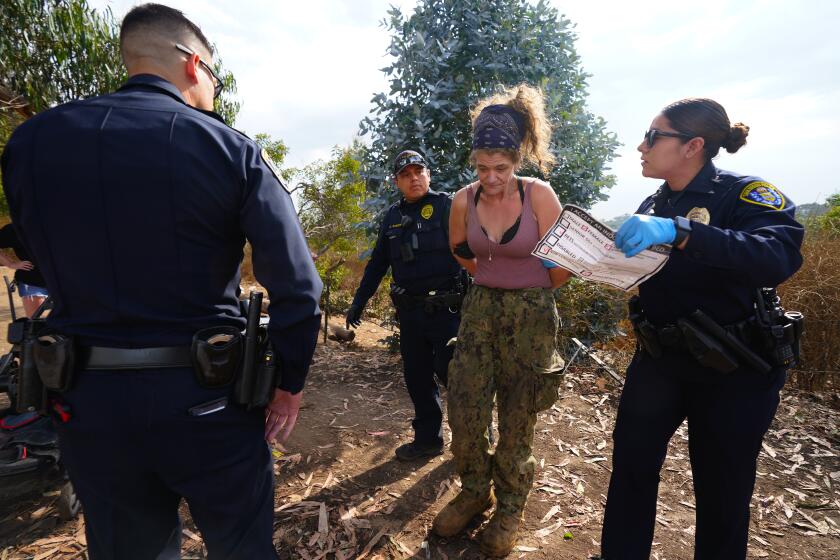Gov. signs controversial ridesharing bill
Gov. Jerry Brown on Tuesday signed a compromise bill that closes insurance gaps and calls for greater oversight of California’s burgeoning ridsharing industry.
On the same day, Uber, the industry’s largest firm, announced major hiring plans focused on military service members.
Just weeks ago, ride service firms decried the bill as ‘the end of ridesharing in California,’ citing what they called an exorbitant $1 million policy they’d have to carry for their drivers when riders were not in the car.
Negotiations at the Capitol this summer, however, significantly lowered the insurance policy amounts companies must carry, causing prominent firms Uber and Lyft to do a U-Turn and support the legislation.
Ridesharing has grown popular across the Golden State and the nation in recent years. It allows customers to hail a ride through a smartphone app and watch in real-time as the driver, in his or her own personal car, approaches. Payments are electronic and automatic.

In the San Diego region, ridesharing firms operate from Tijuana to Temecula.
The bill’s author, Assemblywoman Susan Bonilla, D-Concord, said in a news release that Assembly Bill 2293 “creates a personal insurance firewall to ensure personal insurance auto policyholders will no longer subsidize the commercial activity” of ridesharing firms.
It sets primary the insurance coverage requirement starting when a driver logs on to the ridesharing platform at $50,000 per person for death and personal injury; $100,000 per incident for death and personal injury; and $30,000 for property damage with excess coverage of $200,000.
State regulators passed new rules last year that required ridesharing firms provide $1 million dollars in commercial insurance for their drivers, which still applies when passengers are in the cars. But they did not specify when business activity begins. Bonilla’s bill aims to clarify that “large gray area,” she has said.
Bonilla added that the bill ensures oversight of the industry by the California Public Utilties Commission.
The bill goes into effect July 1, 2015.
Also on Tuesday, Uber announced plans to hire 50,000 service members, veterans and military spouses nationwide as “driver partners” over the next 18 months.
The company’s drivers are independent contractors who use their own cars, can set their own schedules and work where they want.
Uber said it has created a vehicle financing program to help service members who lack credit or have gaps in their credit history.
More about what the company is calling UberMILITARY is at blog.uber.com/ubermilitary.
A spokeswoman said Uber plans to promote the hiring program at the Camp Pendleton Jobs Summit, which runs starts at 5:30 p.m. Wednesday and continues on Thursday. More details on the summit are here.
chris.nichols@utsandiego.com | (916) 445-2934 | Twitter@ChrisTheJourno
Get Essential San Diego, weekday mornings
Get top headlines from the Union-Tribune in your inbox weekday mornings, including top news, local, sports, business, entertainment and opinion.
You may occasionally receive promotional content from the San Diego Union-Tribune.







